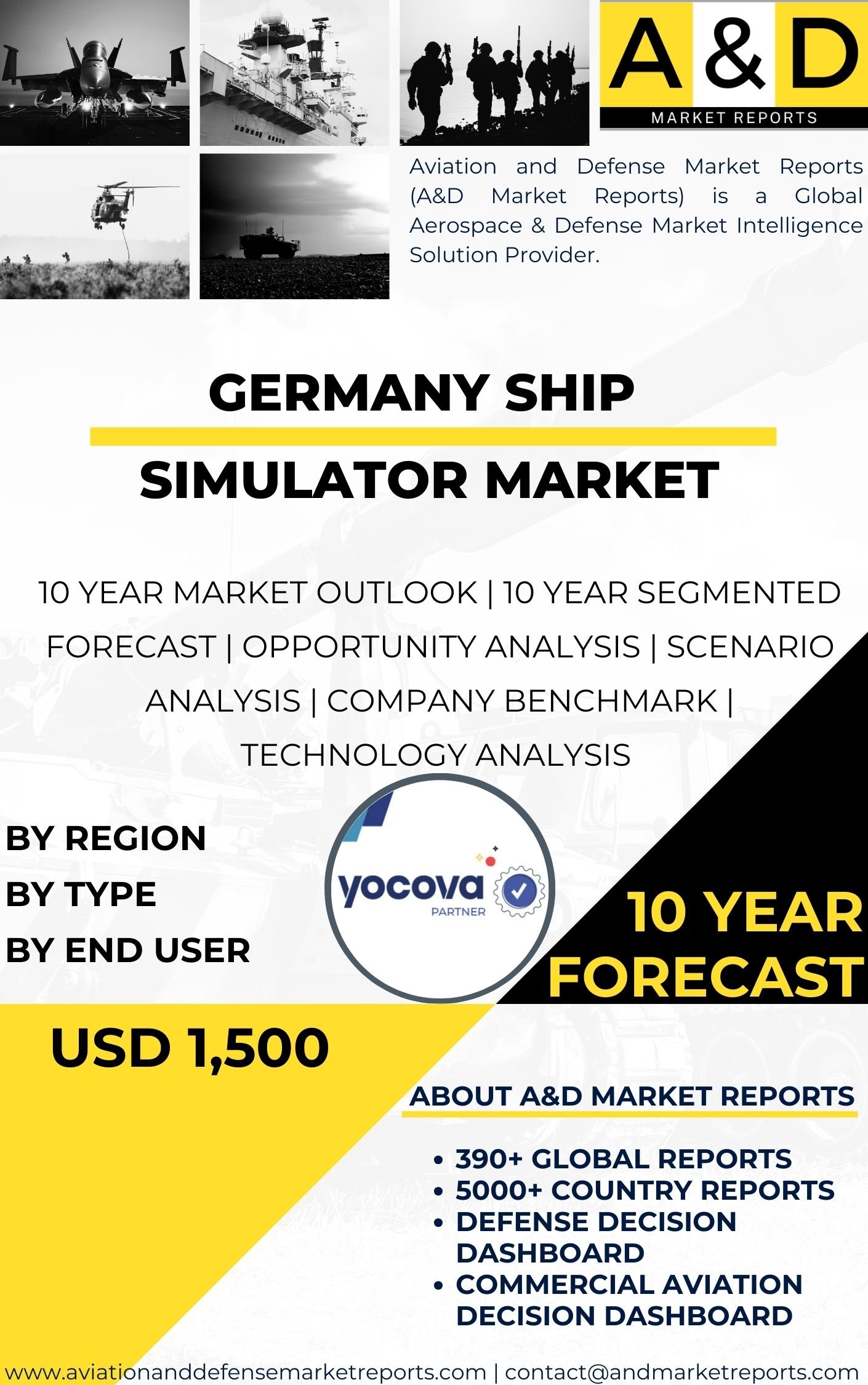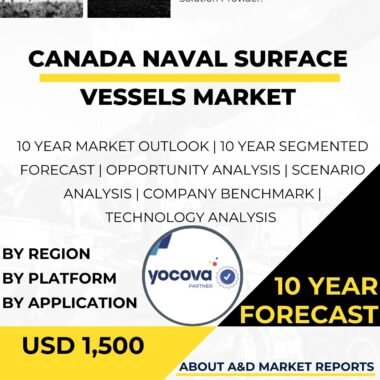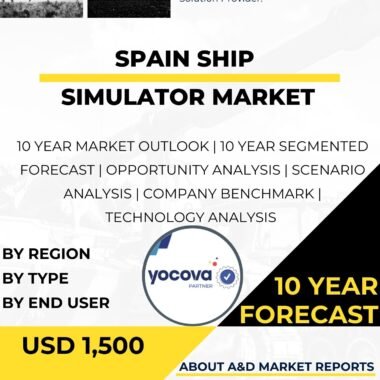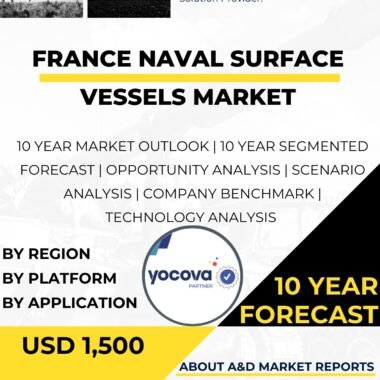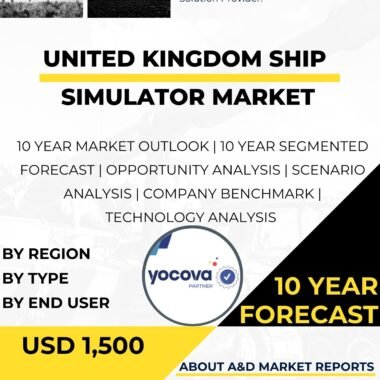Description
Germany ship simulator market has been a significant and dynamic segment within the country’s maritime and defense industries. Ship simulators are sophisticated training tools used to replicate real-life maritime scenarios in a controlled environment. These simulators provide realistic simulations of ship handling, navigation, and emergency situations, allowing maritime professionals to enhance their skills, improve decision-making abilities, and ensure safe and efficient operations at sea.
The Germany ship simulator market encompasses a wide range of simulator solutions, including full mission bridge simulators, part-task simulators, and desktop simulators. These simulators are used for training and certification purposes in various maritime sectors, including merchant shipping, naval operations, port authorities, and maritime academies.
One of the primary drivers of the Germany ship simulator market is the country’s strong maritime heritage and its reliance on maritime trade and transportation. As one of the world’s leading shipping nations, Germany recognizes the importance of investing in advanced ship simulator technology to ensure the competence and readiness of its maritime workforce and maintain its position as a global maritime leader.
The Germany ship simulator market has also been influenced by the country’s commitment to maritime safety and environmental protection. Ship simulators are instrumental in providing realistic training for ship crews to handle emergency situations, such as collision avoidance, grounding, and search and rescue operations. By ensuring that mariners are well-prepared to respond effectively to emergencies, ship simulators contribute to reducing accidents and mitigating potential environmental disasters.
Moreover, the Germany ship simulator market is driven by the need to adapt to emerging challenges and technological advancements in the maritime industry. As ships become more complex and sophisticated, and maritime regulations evolve, ship simulator training plays a crucial role in preparing maritime professionals to operate modern vessels safely and efficiently.
In recent years, there has been a growing emphasis on developing ship simulators with enhanced realism and immersive training experiences. Modern ship simulators utilize advanced graphics, virtual reality (VR) technology, and sophisticated mathematical models to provide trainees with a lifelike representation of real-world maritime scenarios.
The export potential of German ship simulator technology is another important aspect of the market. Germany’s reputation for producing high-quality maritime training solutions and its strong technological base make it an attractive supplier for other countries seeking advanced ship simulator solutions. However, export decisions are subject to international regulations and political considerations, especially when it comes to sensitive military and defense-related technologies.
Challenges faced by the Germany ship simulator market include the need to balance investments in simulator technology with other maritime and defense priorities. Ship simulator systems can be resource-intensive to develop, procure, and maintain. Decision-makers must carefully prioritize investments to ensure that simulator capabilities align with Germany’s broader maritime training and safety requirements.
Additionally, the Germany ship simulator market must address challenges related to standardization and certification. As ship simulator training plays a crucial role in mariners’ education and competence assessment, ensuring that simulator systems meet international standards and regulatory requirements is essential to maintaining their credibility and effectiveness.
In conclusion, the Germany ship simulator market is a significant and dynamic segment within the country’s maritime and defense industries. Advanced ship simulators play a crucial role in enhancing the skills and readiness of Germany’s maritime workforce, ensuring maritime safety and environmental protection, and supporting the country’s position as a global maritime leader. The market is driven by Germany’s strong maritime heritage, commitment to maritime safety, technological advancements in simulator technology, and the need to adapt to emerging challenges. As Germany continues to invest in research and development and explores innovative ship simulator solutions, the ship simulator market is expected to play an increasingly pivotal role in shaping the country’s maritime capabilities and contributing to global maritime safety and professionalism.
